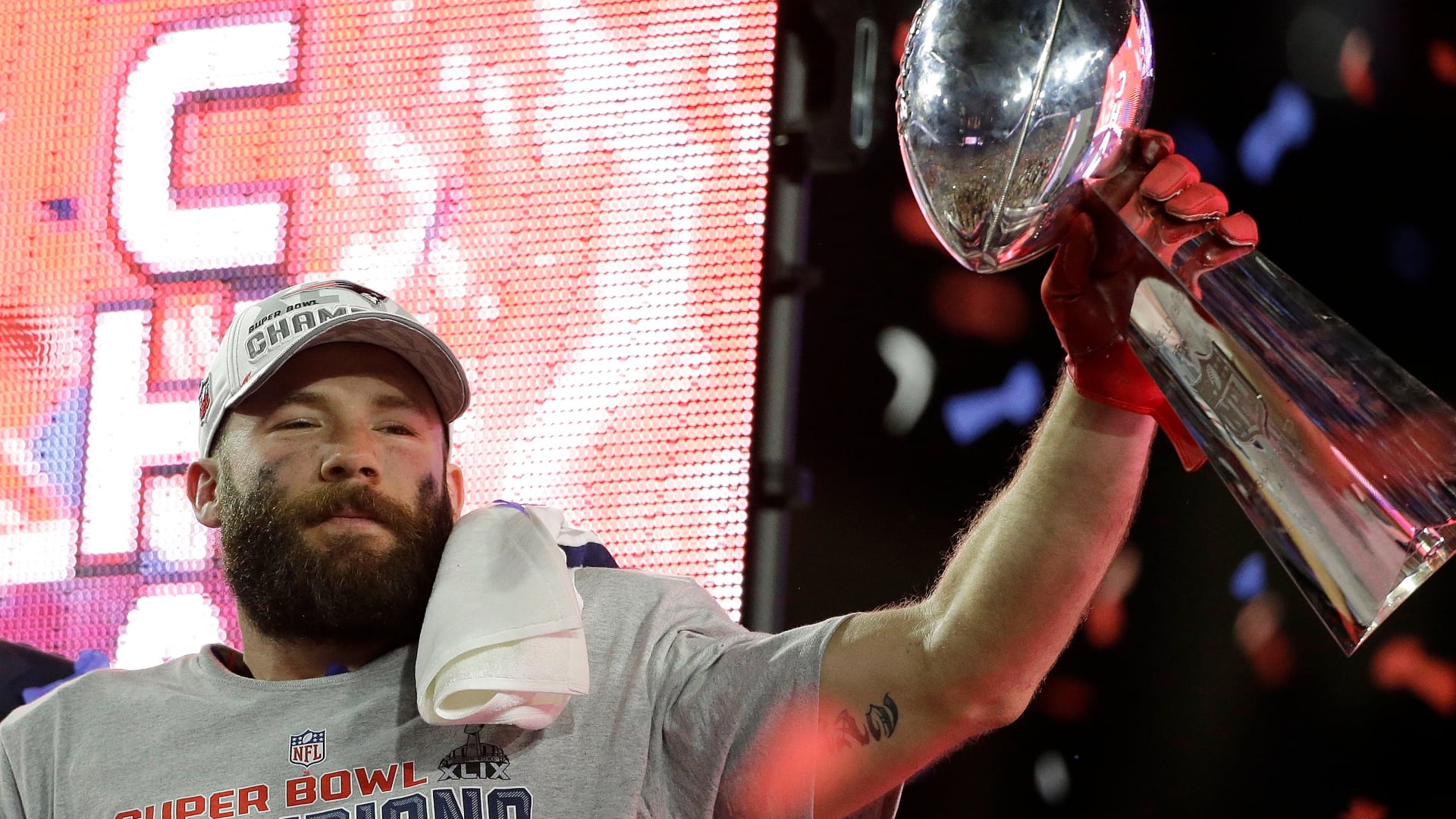Racism in America is expensive.
Recent research by Citigroup found that racial inequities between Black and white Americans have cost the nation as much as a staggering $16 trillion in the last two decades. One of the lead researchers Dana Peterson, chief economist at The Conference Board and former global economist at Citi, said the findings were based on a number of items that have widened the wealth gap between Blacks and whites over the last 20 years.
Additionally, discrimination from previous generations is still having a financial impact today.
"Bias and discrimination prevented many people from having access to higher education, access to income, access to the jobs that they wanted. Even in the workplace, they may not have been paid equally, and so all of that adds up to losses," Peterson told Cheddar.
Other roadblocks, according to Peterson, that have been attributed to economic disparities between the groups include segregation, education, and access to loans.
"Just as importantly, certainly looking from a financial perspective, there's been limited access to credit for both households and businesses, which means that there have been roughly 770,000 fewer Black homeowners and roughly six million people a year who have not been employed because Black businesses have not been able to gain access to credit," she explained.
Still, a turnaround that could provide a $5 trillion boost to the nation's GDP over the next five years is possible, Peterson noted, but companies and individuals have to be intentional about making changes to level the playing field.
Citi has since launched Action for Racial Equality, a $1 billion initiative aimed at closing the wealth gap through investments in Black businesses, growing Black homeownership, investing in affordable housing, and expanding institutional policies and practices.
"When we look at our younger people, our students, making sure that they are aiming high, aiming for jobs that are in the STEMs and finance and economics [and] health care that tend to pay a little bit more money than most types of 'middle class' jobs," Peterson added to the list of things people can do to close the gap.












